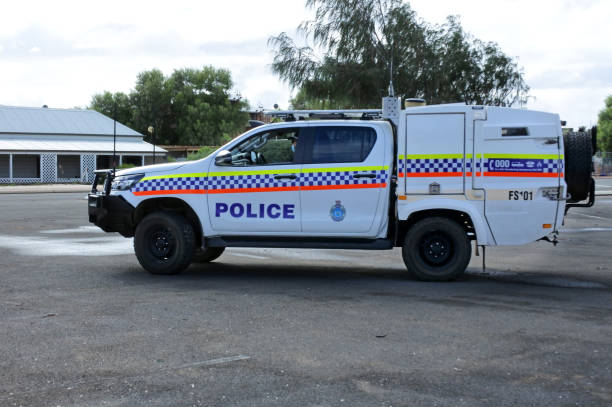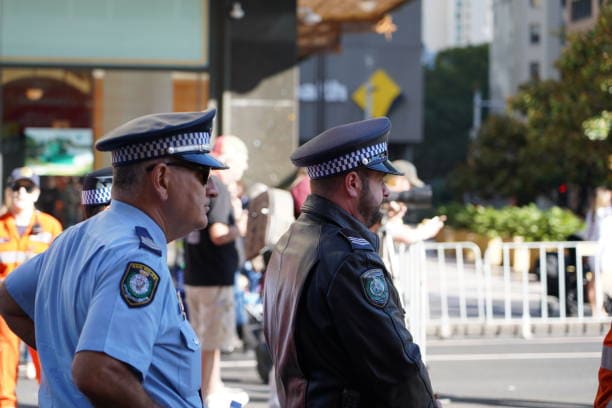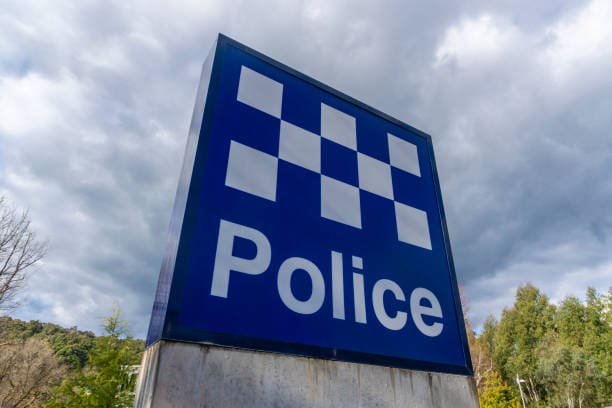When reading up about police complaints, there are two important questions to consider. How to lodge police complaints in NSW, and how to lodge complaints against the police in NSW?
Lodging a police complaint in NSW is a process that allows individuals to report incidents, crimes, or concerns to law enforcement agencies.
What to Consider When Lodging Police Complaints NSW?
Firstly, determine the type of complaint. You need to identify the nature of your formal complaint. You may consider asking yourself the questions below to make such a determination:
- Is it related to a crime?
- Is it related to a non-emergency situation?
- Is it related to serious misconduct by police officer?
- Or is it a general concern?
It is important to note that for emergency situations or for crimes in progress, it is necessary to dial 000 immediately and contact emergency services. In case of non-emergencies you can call the Police Assistance Line at 131 444.
Moreover, if you prefer to speak with an officer in person, find a local police station. You can find station locations online or in local directories. Otherwise, NSW Police Force offers an online reporting portal for certain non-emergency incidents. Visit their official website and follow the instructions for online reporting.
Additional Considerations
Suppose you want to lodge police complaints NSW for domestic violence and if you are seeking an Apprehended Violence Order (AVO), you may need to visit your local court.
It is also important to document your complaint. When reporting a complaint, you should provide as much detail as possible. You can include the following information:
- Dates
- Times
- Locations
- Descriptions of individuals involved, and
- Any evidence or witnesses.
Once you lodge the complaint, you should also receive a reference number. Make note of this reference number as you will need it if you want to track the progress of your report.
Lastly, maintain records of all correspondence. You may consider keeping copies of all documentation related to your complaint. Also consider storing information about any communication you have had with NSW police officers for this matter. This will be essential if you wish to follow up with your matter.
Additionally, if you don’t receive a response within a reasonable timeframe or have concerns about the handling of your complaint, you may consider following up with the relevant police station.

Is Your Complaint About Police Conduct?
It is possible that you may want to lodge a complaint against the police. You may be dissatisfied or concerned about your interaction with one of the following:
- a NSW police officer
- the NSW Police Force
- a NSW Police Force administrative officer
In such cases, you can contact the Law Enforcement Conduct Commission (LECC). This is the website of the LECC: https://www.lecc.nsw.gov.au/
The LECC is an independent statutory body responsible for investigating complaints against the police. The Commission has it’s own investigators that handle such cases.
Common Police Complaints in NSW
Parties lodge police complaints NSW for a wide range of issues and incidents. Given below are some common types of issues for which you can lodge a police complaint:
- Criminal Offences: If you are a victim or witness to a crime, you can file a complaint. This includes offences like theft, assault, fraud, vandalism, and more.
- Domestic Violence: If you are experiencing or have witnessed domestic violence, you can report it to the police. They can help you obtain an Apprehended Domestic Violence Order (ADVO) for protection.
- Harassment and Stalking: Complaints related to harassment or stalking, including online harassment, can be reported to the police.
- Anti-Social Behaviour: Incidents involving anti-social behaviour, such as noisy neighbours, public disturbances, or public intoxication, can be reported to the police.
- Traffic Offences: Report traffic-related incidents like accidents, reckless driving, hit-and-runs, or instances of road rage.
- Missing Persons: If someone you know is missing, especially if you suspect foul play, you should report it to the police immediately.
Other Common Complaint Types
- Property Damage: If your property has been damaged, whether it’s your home, car, or personal belongings, you can file a complaint.
- Identity Theft and Fraud: Complaints related to identity theft, credit card fraud, or any form of financial fraud should be reported to the police.
- Drug Offences: If you have information about drug-related activities in your community, you can report it to the police. This includes drug trafficking, possession, or production.
- Police Misconduct: If you believe a police officer has engaged in misconduct, such as excessive force, abuse of power, or unethical behaviour, you can file a complaint against the officer.
- Hate Crimes: Incidents involving hate crimes or discrimination based on race, religion, ethnicity, gender, or other factors should be reported to the police.
- Child Abuse: Any suspicion or evidence of child abuse, neglect, or endangerment should be reported to the police or the relevant child protection agency.
- Cybercrimes: If you are a victim of cybercrimes like hacking, online scams, or cyberbullying, you can file a complaint with the police.
- Environmental Offences: Crimes related to environmental damage, such as illegal dumping or pollution, can be reported to the police.
- Animal Cruelty: Incidents involving animal cruelty or neglect should be reported to the police or appropriate animal welfare organisations.

Importance of Seeking Legal Advice
Parties may feel hesitant about contacting the police for lodging police complaints or for criminal investigation in NSW. But it is essential to note that only by reporting incidents promptly and providing detailed information can the law enforcement officers carry out their duty effectively.
This in turn helps them keep our community safe. As lawyers also play an important role in keeping the community a safe place where justice is delivered, depending on the seriousness of your matter, you may also consider getting in touch with solicitors.
If your complaint involves a serious matter or you believe your rights have been violated, consider seeking legal advice from a solicitor. They can provide you with tailored advice and help you resolve your matter.
At JB Solicitors, we have a team of experienced criminal lawyers who can help you with a variety of matters. If you want to know more about police complaints NSW, contact our team today.
